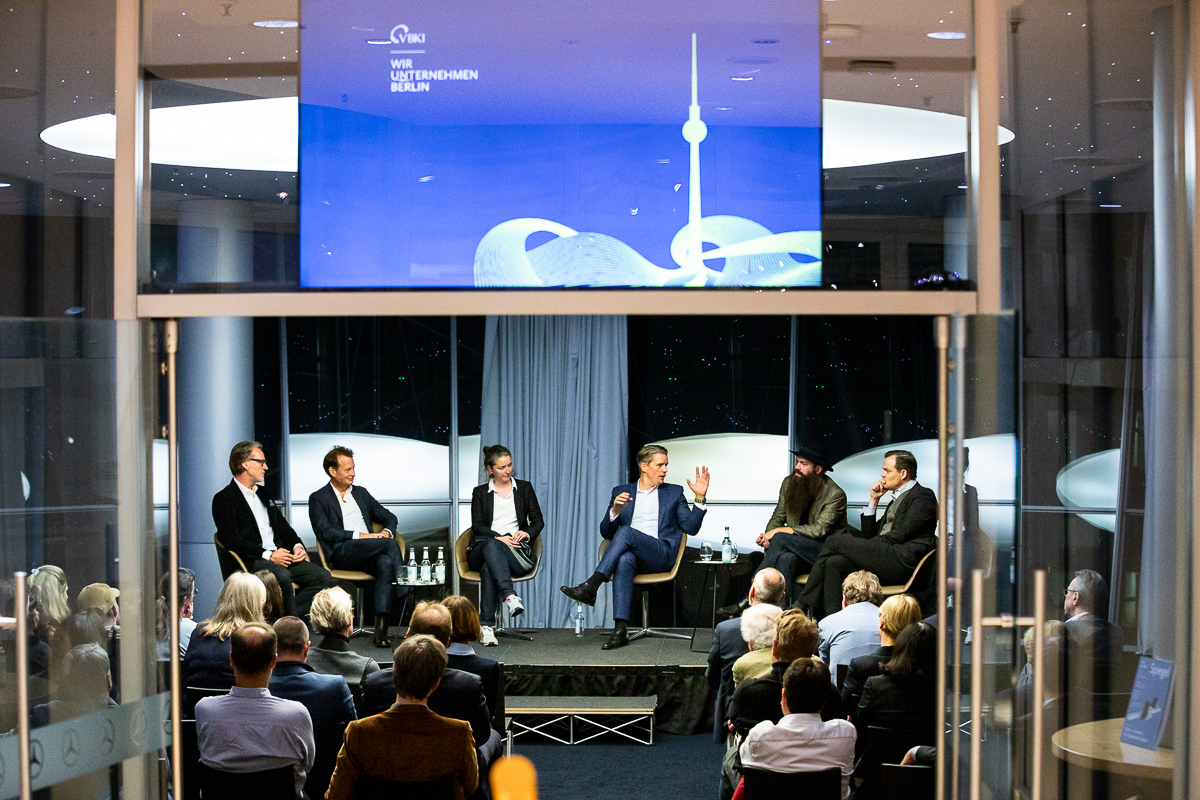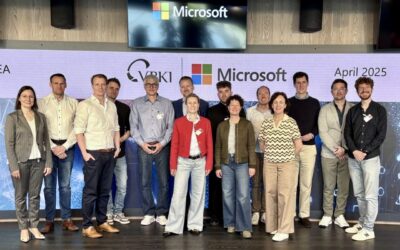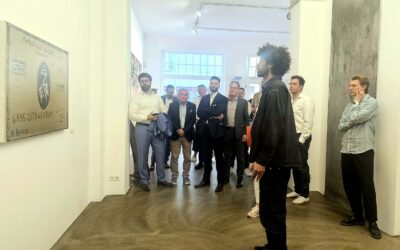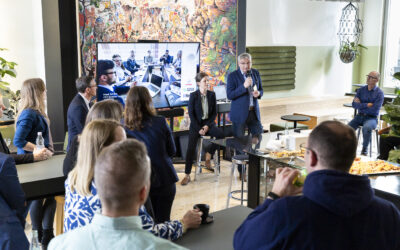World-class Berlin?
Capital city culture talk: cultural experts discuss perspectives for the cultural location
The world is changing rapidly. It's good that there is at least one constant: Berlin is world-class when it comes to culture. Or is it?
At the 8th Capital City Culture Talk, in cooperation with the Friends of the Academy of Arts and supported by the Mercedes-Benz Berlin branch, cultural experts - moderated by art expert Dr. Kilian von Seldeneck - discussed the perspectives of art and culture in Berlin.
It quickly became clear that Berlin's position as a cultural metropolis is certainly not a sure-fire success. The events surrounding the future of the Hamburger Bahnhof - the owner's demolition plans were prevented at the last minute - show that the preservation of even renowned art venues of national standing is not a godsend.
The panel agreed that current developments and trends are not conducive to the importance of the art location. On the one hand, artist Julius von Bismarck lamented the displacement effects caused by rising prices, including for studios. On the other hand, he criticized the fact that politicians and administrators showed little initiative in preserving artistic spaces in the city. According to Julius von Bismarck, who is opening his first solo exhibition in Berlin in April, he wonders whether he can still afford to live in Berlin - especially as he sells his works elsewhere anyway.
Places such as the Tacheles or the Postfuhramt in Mitte have been lost to the arts, partly because there was a failure to impose appropriate conditions on investors. Art and culture are an attractive argument for young people - including those from the start-up scene - to move to Berlin. Anne Schwanz offers a suitable interface with her company Office Impart. The Office Impart gallery gives NFTs an important space so that Berlin does not lose its world-class connection in this area.
The other participants in the discussion also lamented the dysfunctionalities in Berlin's politics and administration. Prof. Dr. Stephan Frucht from Siemens AG asked how much longer the city could afford the sluggishness and slowness that it still exhibits today. "We have to push politics in front of us," seconded Christian Kohorst from the Friends of the National Gallery. And Olaf Maninger from the Berliner Philharmoniker suggested taking a more strategic approach when planning cultural projects. "We should always ask why."
Despite all the criticism, Panel was determined to do everything in his power to defend Berlin's world-class reputation.
Impressions
To the picture gallery: Please click here>
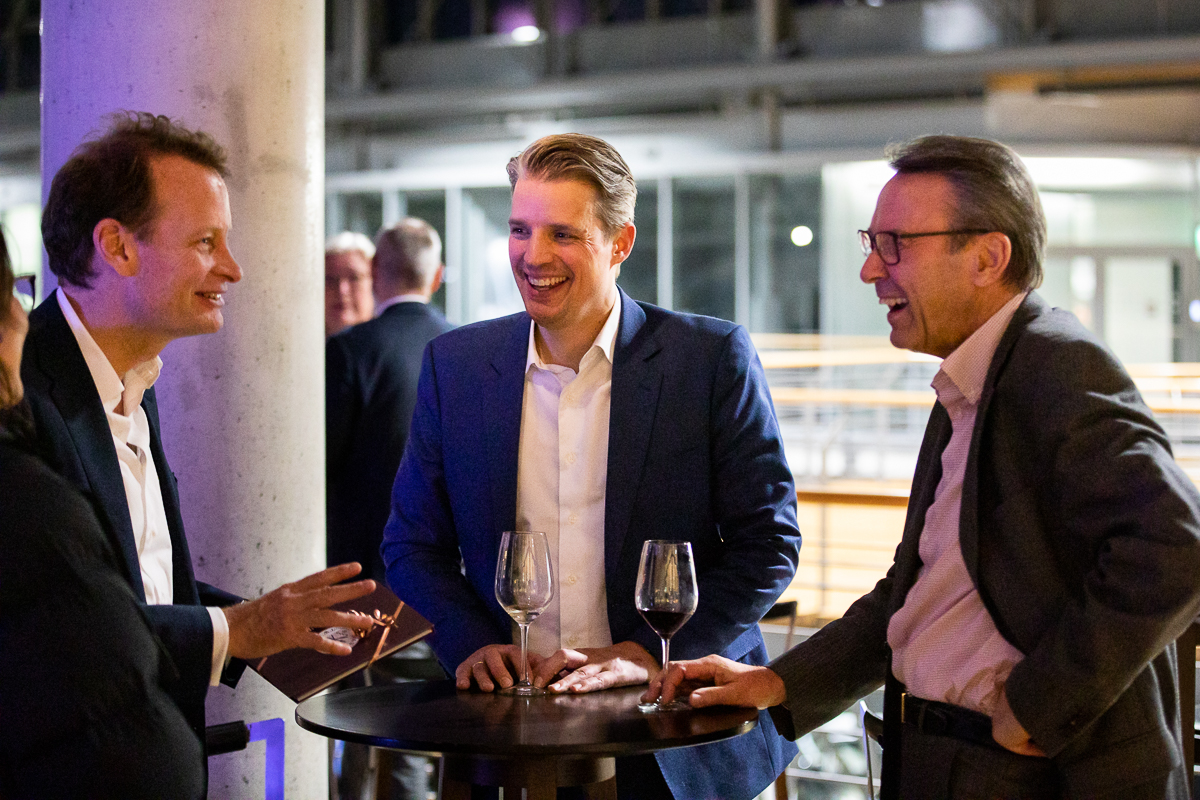
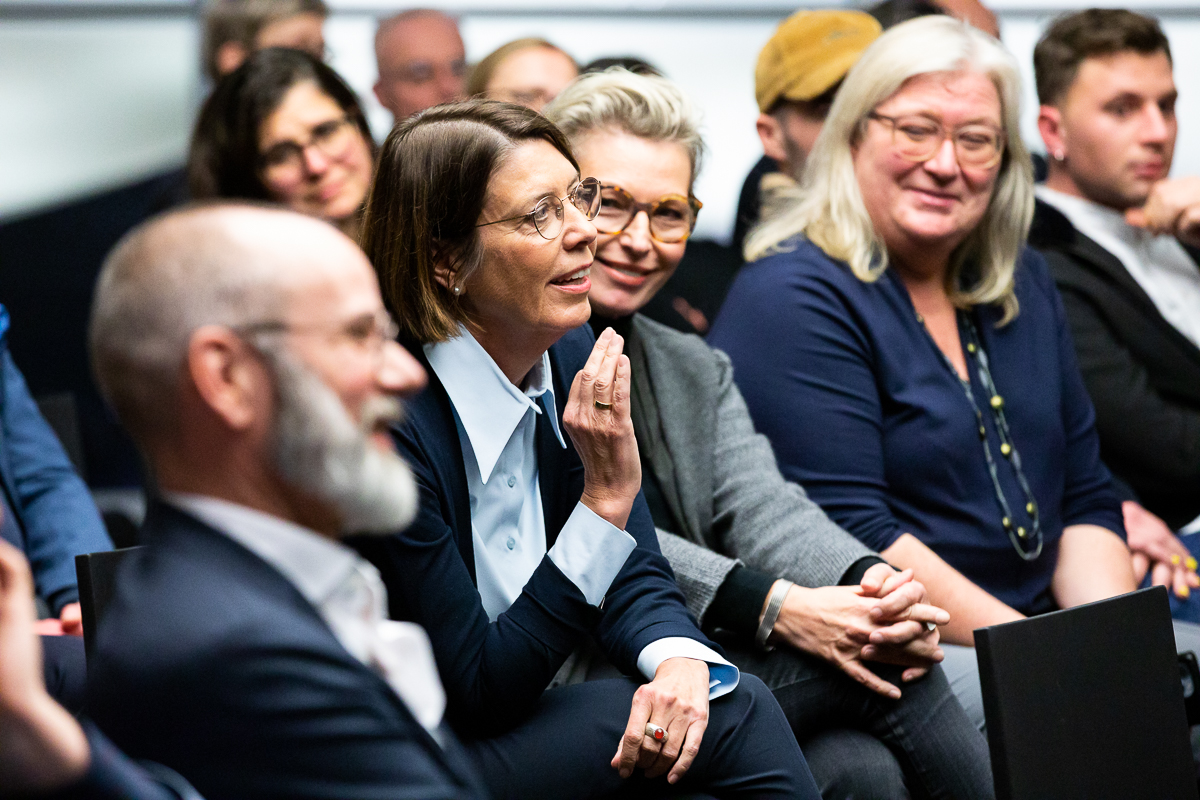
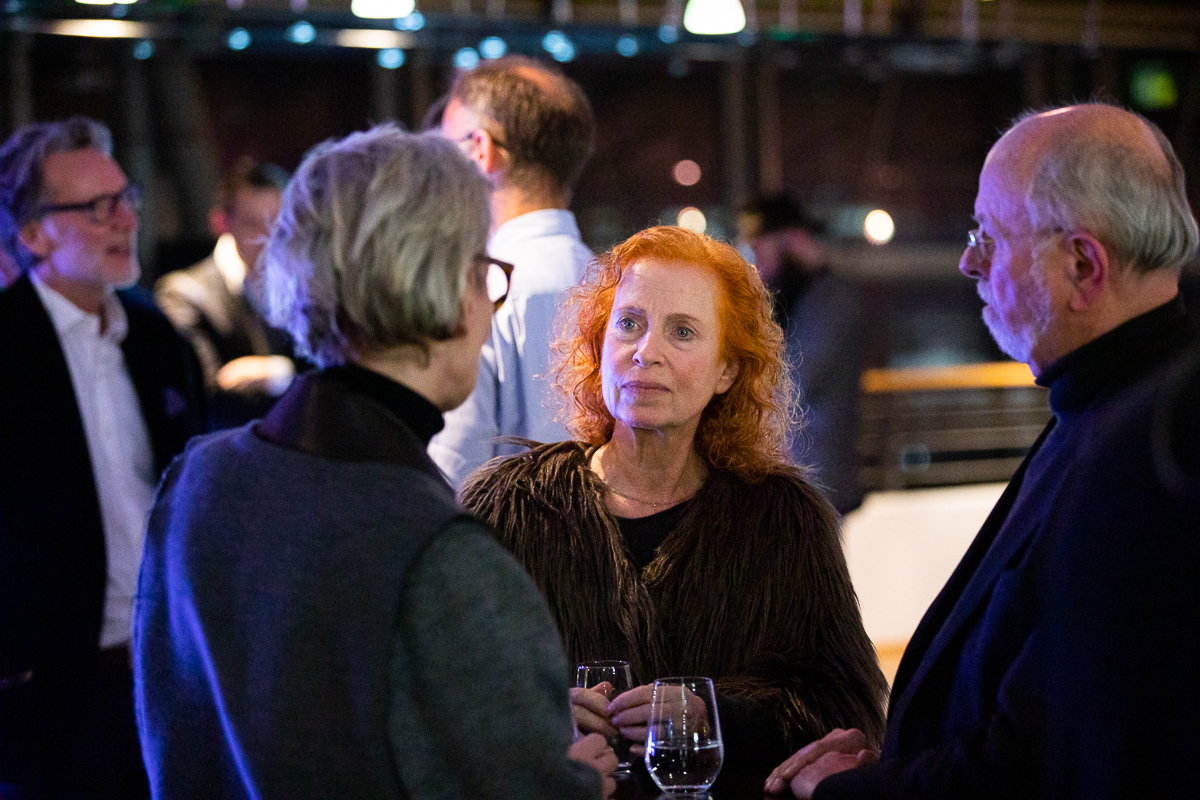
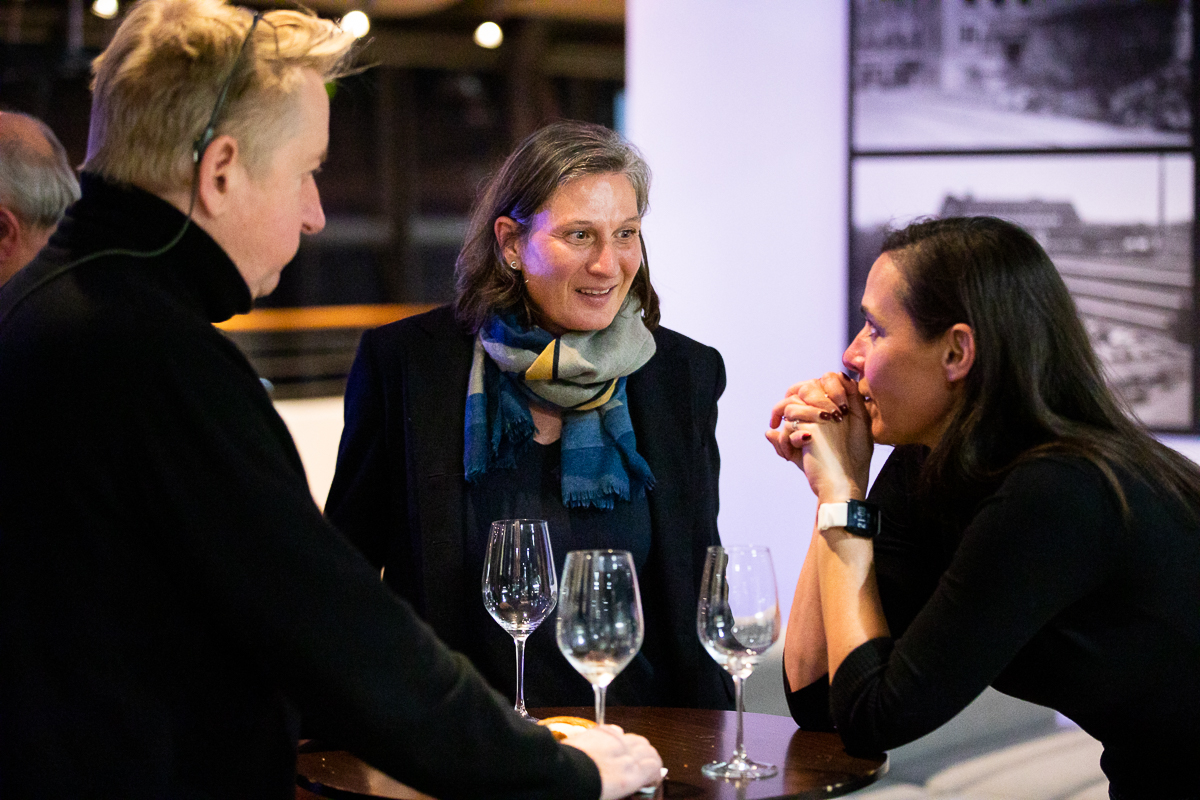
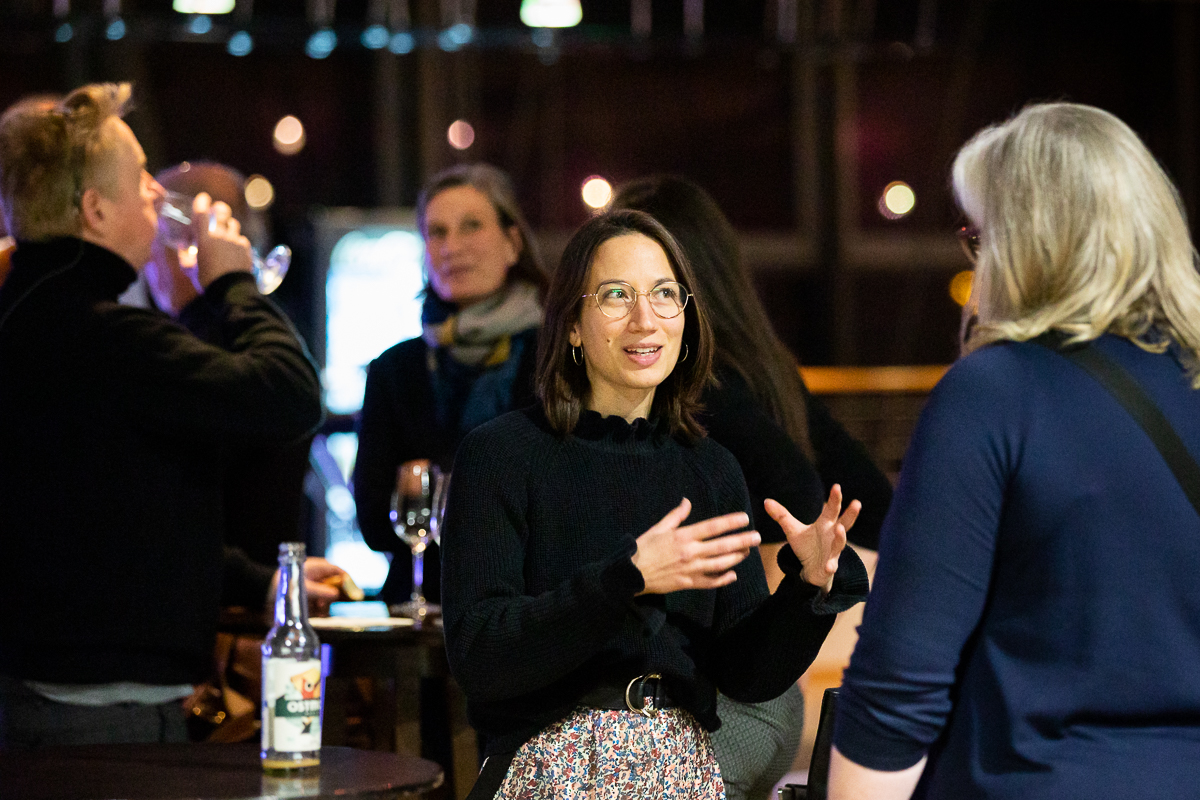
You might also be interested in
From Generative AI to Agentic AI
VBKI visits Microsoft Experience Center Munich
Face Your Fear
Art as confrontation: Before the Gallery Weekend, the VBKI met Noah Becker's bold visual worlds.
"HR must lose its fear of numbers"
Strategic thinking in focus at the first CHRO event organized by CEOs for Berlin

